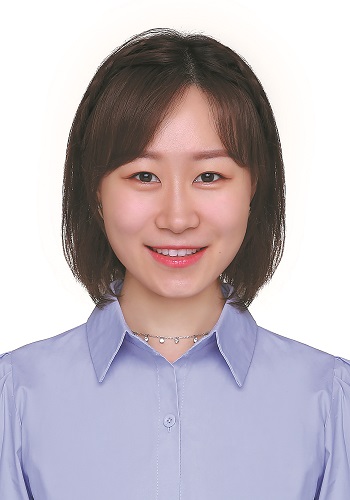Spotlight cast on students' healthy growth


A round of warm applause filled the Great Hall of the People on Friday after Zhang Jun, president of the Supreme People's Court, delivered the court's work report during the ongoing two sessions, the annual gatherings of the National People's Congress and the National Committee of the Chinese People's Political Consultative Conference.
The report mentioned the importance of ensuring that children grow healthily, called for zero tolerance for crimes against adolescents and advocated for safeguarding security on campuses. These key points resonated deeply with the national legislators and political advisers in attendance.
Whether they were Party officials, researchers or business tycoons, most were concerned about education matters as they are parents of students themselves.
As a reporter focusing on the sector that encourages innovation and promotes sustainable national prosperity, I noticed a number of intriguing ideas that were offered on the high-quality development of students.
Li Guohua, a national political adviser and an official with the Revolutionary Committee of the Chinese Kuomintang, said socializing among students should not be limited to bathroom breaks in the name of ensuring school safety.
In recent years, children are not allowed to go to the playground or even hang out in the hallways of some school buildings during class breaks. The schools say they have imposed such rules to avoid accidents on campus, but this means the only way students can talk or share snacks with their classmates is when they go to the bathroom.
"We should not let the best childhood memories of this generation be of time spent in restrooms," Li proposed.
The strict rules against activities outside classrooms on campus are partly the result of the fear schools have of the accountability and compensation claims they may have to shoulder if safety accidents occur.
Accidents have led to laws being introduced to maintain security on some campuses while promoting children's healthy growth. Zhang shared some of the SPC's rulings on related cases while delivering the work report.
In one case he shared, a primary school student was accidentally injured during a physical education class. The parent sued the school, but the court ruled in favor of the school because it had fulfilled its necessary duties regarding management and medical aid, determining that the school should not be held liable. Even though some accidents have occurred on campuses, the court highlighted the shared responsibility between parents and the school for maintaining campus safety, Zhang said.
I've seen progress being made. I recently walked by the Experimental High School Attached to Beijing Normal University, where I saw a dozen students doing jump-rope during a 10-minute break between classes in an open area on the first floor.
Students' energetic nature, rather than just parents' safety concerns, has been taken into consideration while formulating regulations.
Lawmaker Tuo Qingming suggested incorporating early childhood education for two- to three-year-olds into the preschool education system amid the decline of births, saying that China has the necessary facilities to do so.
The move can alleviate the burden parents face of taking care of such young children themselves or paying for expensive childcare services, and therefore boost productivity and promote population growth, said Tuo, who is also an official with the education examination authority in Sichuan province.
He is among many education and health experts who have made suggestions during the two sessions on modifying preschool education standards due to population decline.
Apart from NPC deputies and political advisers in the education sector, leading figures in other fields also expressed their concerns about students' health and the need to cultivate talent for particular industries.
Participants from healthcare institutions focused on issues such as introducing sex education to children in kindergarten, and improving teenagers' mental health through traditional Chinese culture.
Lei Jun, an NPC deputy and co-founder and CEO of electronics giant Xiaomi, suggested incorporating artificial intelligence literacy into the nine-year compulsory education curriculum amid the new global trend of generative AI.
Lei, who is at the forefront of cutting-edge technology, said he hoped to cultivate AI literacy and the ability of students in primary and secondary schools to lay a solid foundation for their future development.
The desire among two sessions participants to help students was so strong that during my interviews, I felt more comfortable starting a conversation by talking about education issues, because I believed that those I talked to would have common feelings about their children's schoolwork, regardless of their professional backgrounds.
- Zhuhai man given death for car attack
- China revises upper age limit for driver's license
- Infant immunization schedule changes from Jan 1
- Peak season for respiratory illnesses continues
- Former deputy Party chief of Shanxi given life sentence for bribery
- One-year-old, Beijing Library serves book lovers with passion





































